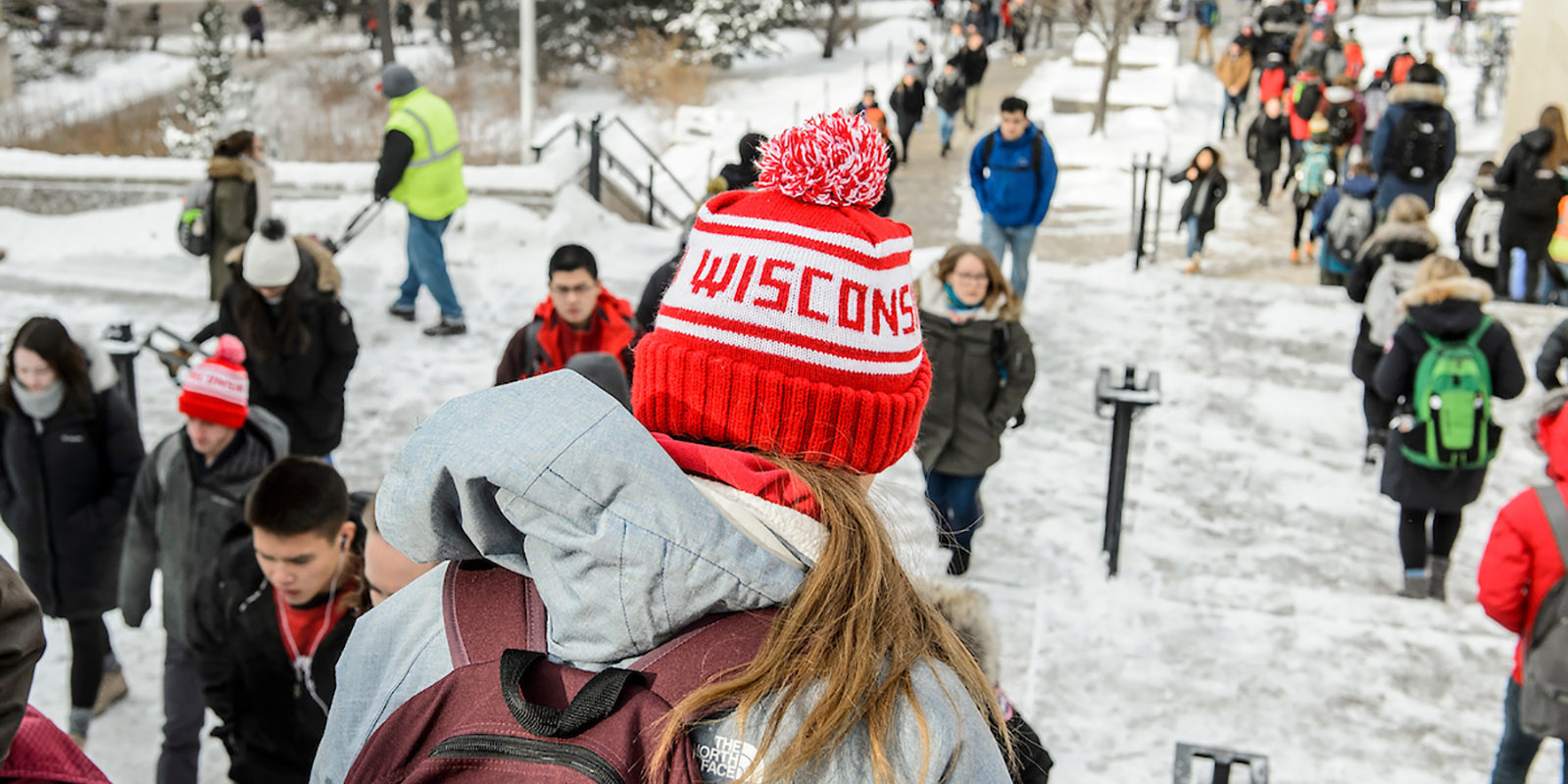When it happened, Julia didn’t know how to react.
A couple of years ago, a faculty member Julia was working with, a professor in her department, had requested help on a research project from her graduate student teaching assistants. One of the requirements, the professor said, was that the graduate student had to be “a native English speaker.”
Julia (not her actual name) is an Asian international graduate student. She speaks English with an American accent. She felt that the stipulation was odd and drew an unsettling conclusion when the professor ended up selecting a white student for the project.
“There were white domestic students, and students of color, in our group. I think she somehow assumed that all the students who were of color were international students, and weren't native English speakers,” Julia says. “She also made an assumption that the task wouldn't be able to be done by someone who's not a native English speaker.”
Language discrimination can be subtle or blatant, and it’s more prevalent on campus than you likely realize. It can take multiple forms, from making fun of an international student or teaching assistant’s accent, to asking non-native English speakers to frequently repeat themselves or speak more clearly. And then there’s perhaps the biggest and most pervasive form of all: the assumption that speaking standard English is the expectation to which everyone on campus should be held.
Dianna Murphy, the director of the UW-Madison Language Institute, has helped to facilitate Language Ideologies and Language Discrimination (LILD), a group dedicated to raising awareness of language discrimination on campus and developing outreach and training programs to help UW-Madison faculty, staff and students learn to recognize and avoid it.
“I think we, broadly speaking, suffer from a sort of monolingual English bias that doesn't recognize the real diversity on our campus,” says Murphy. “If you're a member of a majority group, you think language discrimination doesn't exist because you don't experience it."
Rayane Prado, a student from Cuiabá, Brazil, knows it exists; she has experienced it multiple times since arriving in Madison as a freshman in 2021. Portuguese is Prado's first language, and during her first weeks on campus, a handful of students made fun of her accent, including, she says, one of her colleagues and a student worker at one of the Babcock Ice Cream stores who laughed at her for struggling to pronounce the words “hot fudge.”
“I’ve learned that I have to be careful with how I say stuff,” says Prado, who’s majoring in psychology. “What’s happened since then is that I’ve been losing my accent. It was more like a survival thing, starting to sound more American, especially in specific situations like a job interview. I try my best to be aware of how I am sounding, because I don't want that to happen again.”
Prado’s experience is exactly the kind of situation the LILD group is hoping to identify and address. The group has created a website that collects and shares the experiences of faculty, staff and students and the ways language intersects with their work and helps to define their identities. Earlier this fall, the group supported the UW-Madison Teaching Academy’s fall retreat, which was devoted to addressing linguistic bias to better support all students.
Joe Salmons, the Lester W.J. “Smoky” Seifert Professor of Linguistics, was one of LILD’s founding members. He knew that something more than a written statement on a website would be needed.
“In discussions, we decided it’s better to do something than say something," Salmons explains. “We also knew we’d have to do something that could be sustained. That led us to setting LILD up as a working group. This has allowed us to explore a range of issues, learn and then act.”
According to Professor of English Thomas Purnell, another of LILD’s founders, the group has done some preliminary survey work with students to determine how extensive certain types of language discrimination may be on campus. In one of the early surveys, a third of the respondents said that there should be an expectation that standard or academic English be used on campus. A third of those respondents also said they thought teachers and students who don’t use those forms were “probably” less intelligent or competent.
“Language can be a proxy for race,” says Murphy. “It can be a way of discriminating and not thinking you're discriminating. You can say, ‘I just want someone who speaks properly.’ Okay, well, so what does that mean?”
Purnell, whose research has focused on sociolinguistics and sound, isn’t necessarily surprised by the preliminary findings (which only reflect a small sliver of campus). In one of the first academic papers he wrote after coming to UW-Madison, he explored the idea that people can identify language dialects—and decide whether to accept or reject the speaker—just by hearing someone say the word “hello.”
“Language is central to identity,” says Murphy. “It's how we understand the world and how culture is transmitted within communities. When you think of it from that perspective, creating spaces for everyone to use their own languages is a way of creating a climate that is supportive of everyone, rather than expecting only certain forms of language use.”
